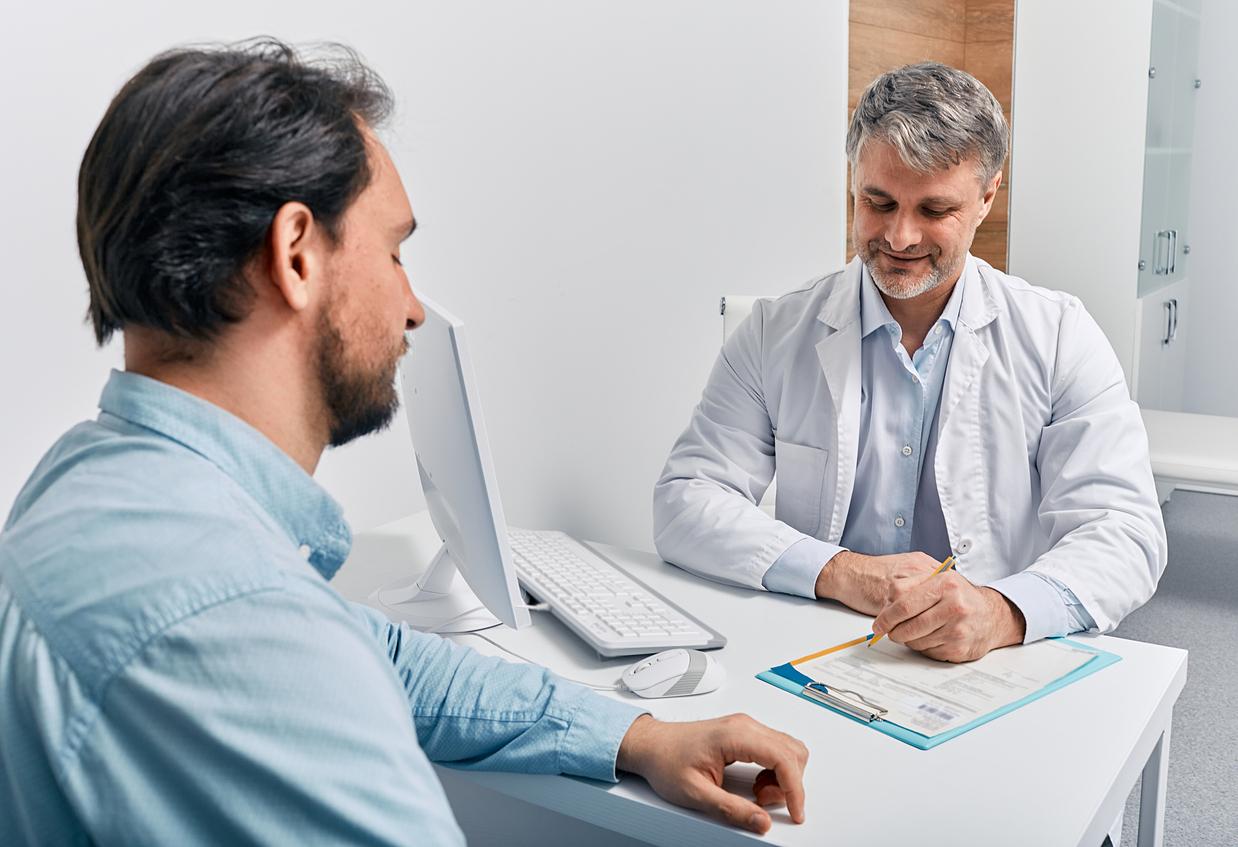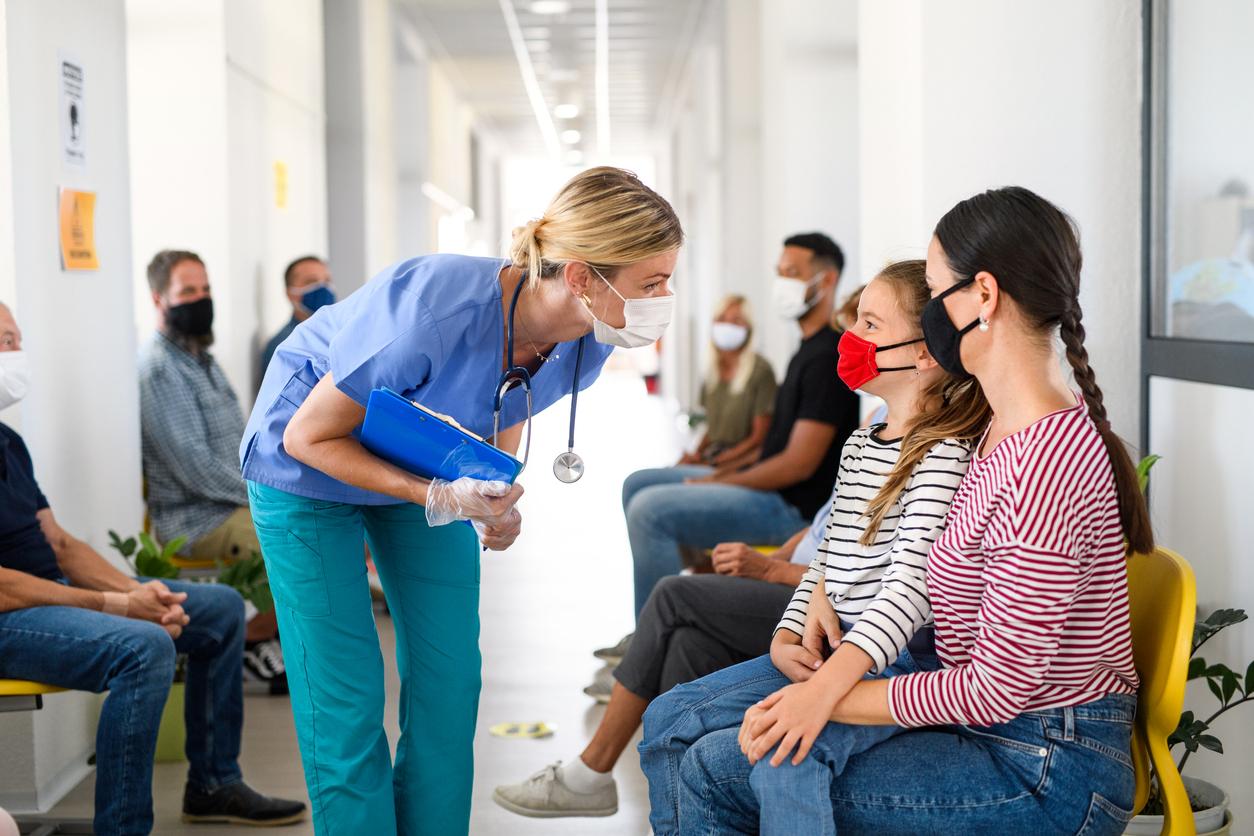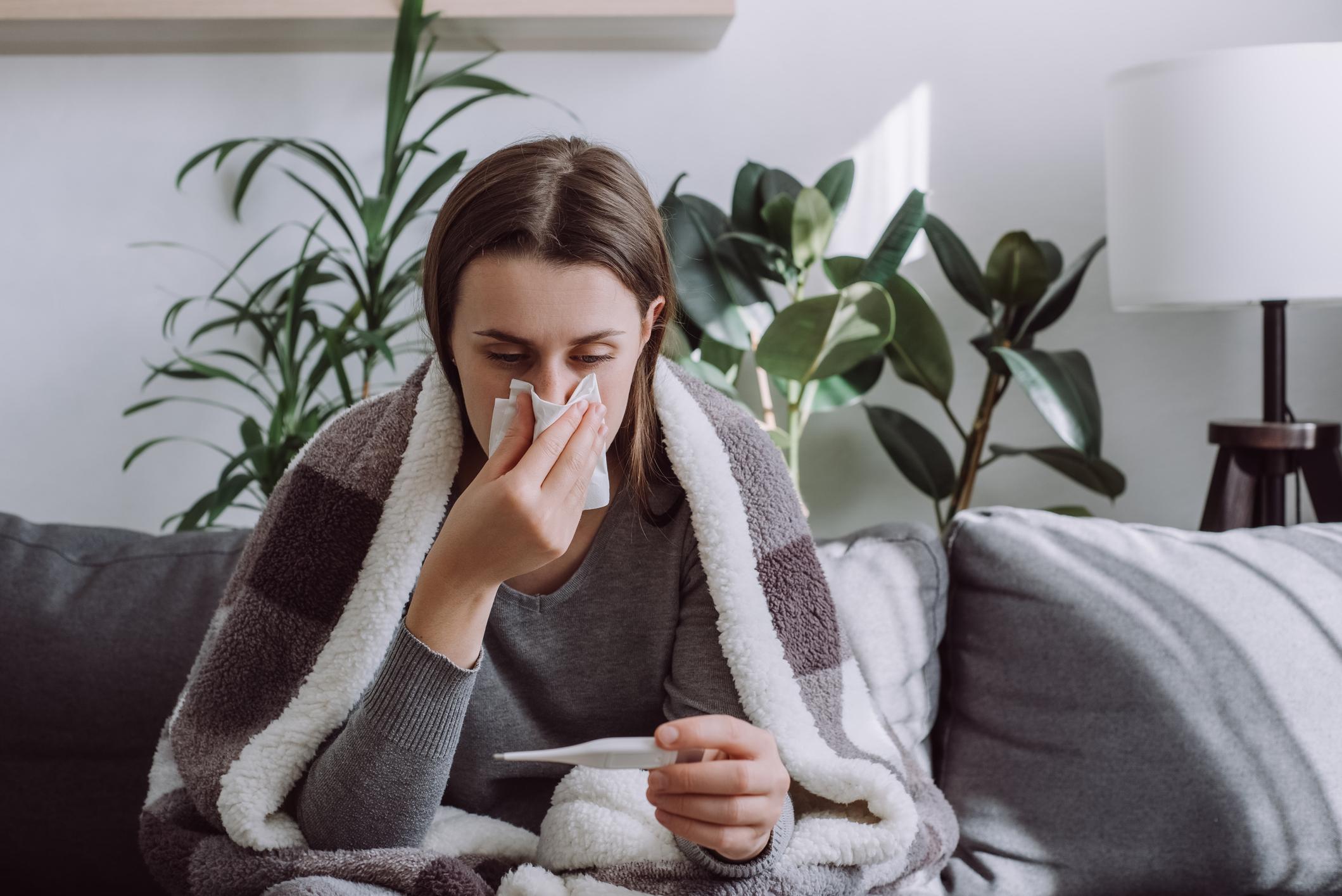An OpinionWay study for deuxiemeavis.fr points to the discomfort that 44% of women feel when discussing intimate matters with their doctor. This is especially true for young women.

- In 2019, 5.4 million French people did not have a attending physician.
- Appointing a general practitioner and respecting the coordinated care pathway makes it possible to be better reimbursed by Social Security.
Privileged interlocutor of the patients, the general practitioner is generally the one that one consults in first intention when one is confronted with a health problem. Because he knows and manages the medical files of the people he treats regularly, he is also the one who, if necessary, puts them in touch with other health professionals and thus ensures an optimal course of care.
But still it is necessary to dare to approach with him all the medical questions which torment us. According to an OpinionWay study for deuxiemeavis.fr carried out in February among 1,031 people aged 18 and over, many women are embarrassed to discuss intimate matters with their doctor, especially when they are young: 54% for 18-24 years old compared to 21% of those aged 65 and over.
44% of women and 30% of men are embarrassed to ask certain questions
According to the results of the survey, 61% of those questioned speak without complex about all subjects concerning their health. However, 44% of women and 30% of men admit to being embarrassed about discussing certain topics. Which, in some cases, can delay the diagnosis.
Respondents do not hesitate to refer to the Internet first. For 47% of respondents, medical sites also allow them to better understand or obtain additional information after a consultation with a medical specialist. “This study shows that women do not feel listened to and heard. For 41% of them, the duration of the appointment is too short to discuss all the desired topics (compared to 29% of men), such as the side effects of the pathology such as lifestyle, sleep , food, etc., so many subjects which are nevertheless important in the healing process”, explains Pauline d’Orgeval, founder of deuxiemeavis.fr, a service which allows patients and their doctors to quickly access a very high level of medical expertise in the event of a serious or complex health problem.
“In the field of health, there is never a stupid question”
Another lesson of the study: the disarray felt by young French people after a consultation with a specialist. While 72% of those surveyed feel that they have understood everything and remembered what the doctor has explained to them, 43% of 18-24 year olds feel that they have understood nothing.
This explains the fact that they are also eager for information and more inclined to learn about medical sites (49%). Medical jargon can also create a wedge between the medical specialist and the young patient, making the exchange incomprehensible. “The embarrassment of addressing certain subjects is not confined to the intimate sphere, it can also concern specific questions about the disease, questions which will not be asked at the risk of appearing simple-minded. However, in particular in the field of health, there are never stupid questions. All questions must be asked to dispel any doubt and understand in detail what is happening to us.underlines Ronan Chastellier, sociologist and co-author of the study.















